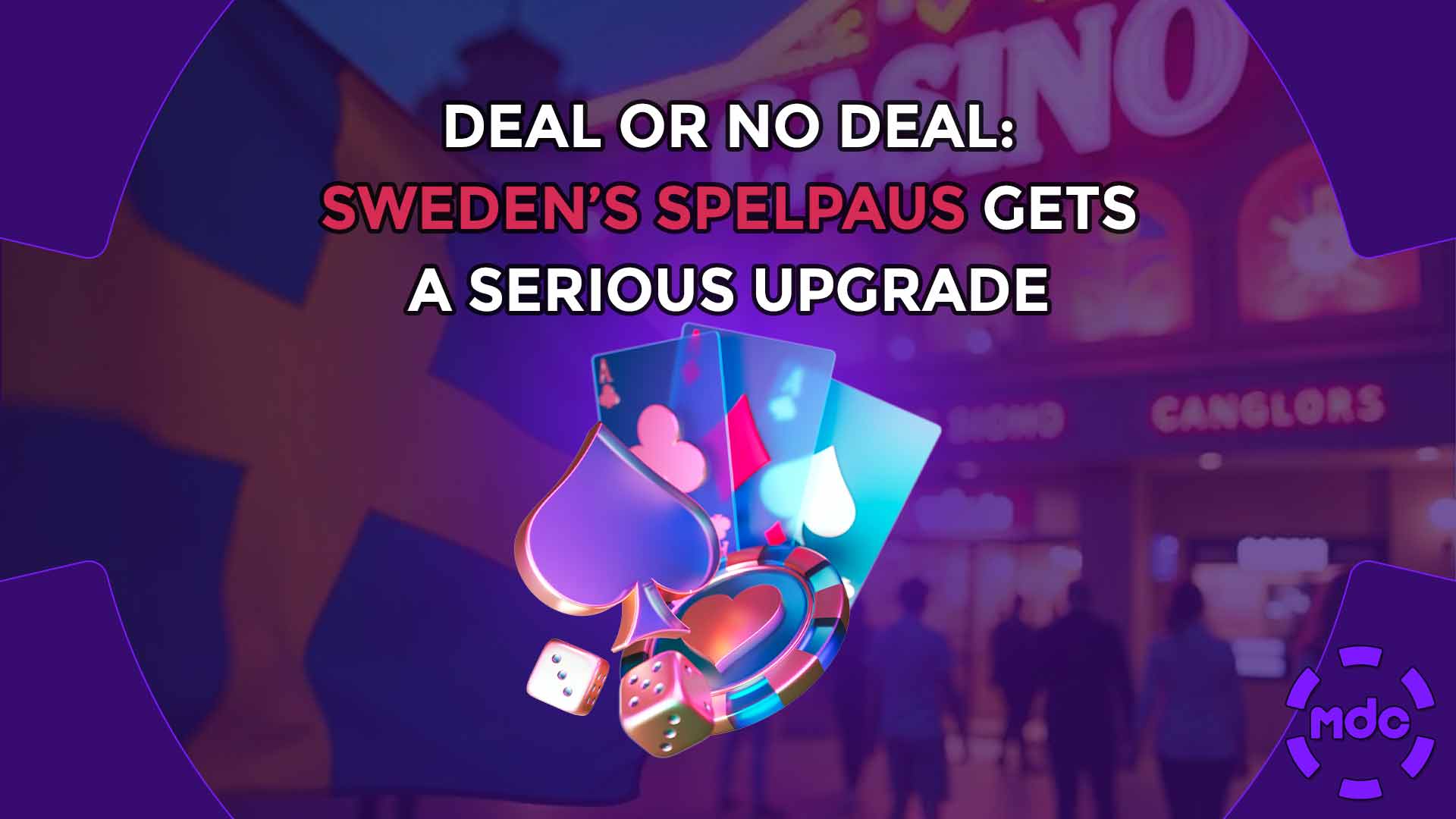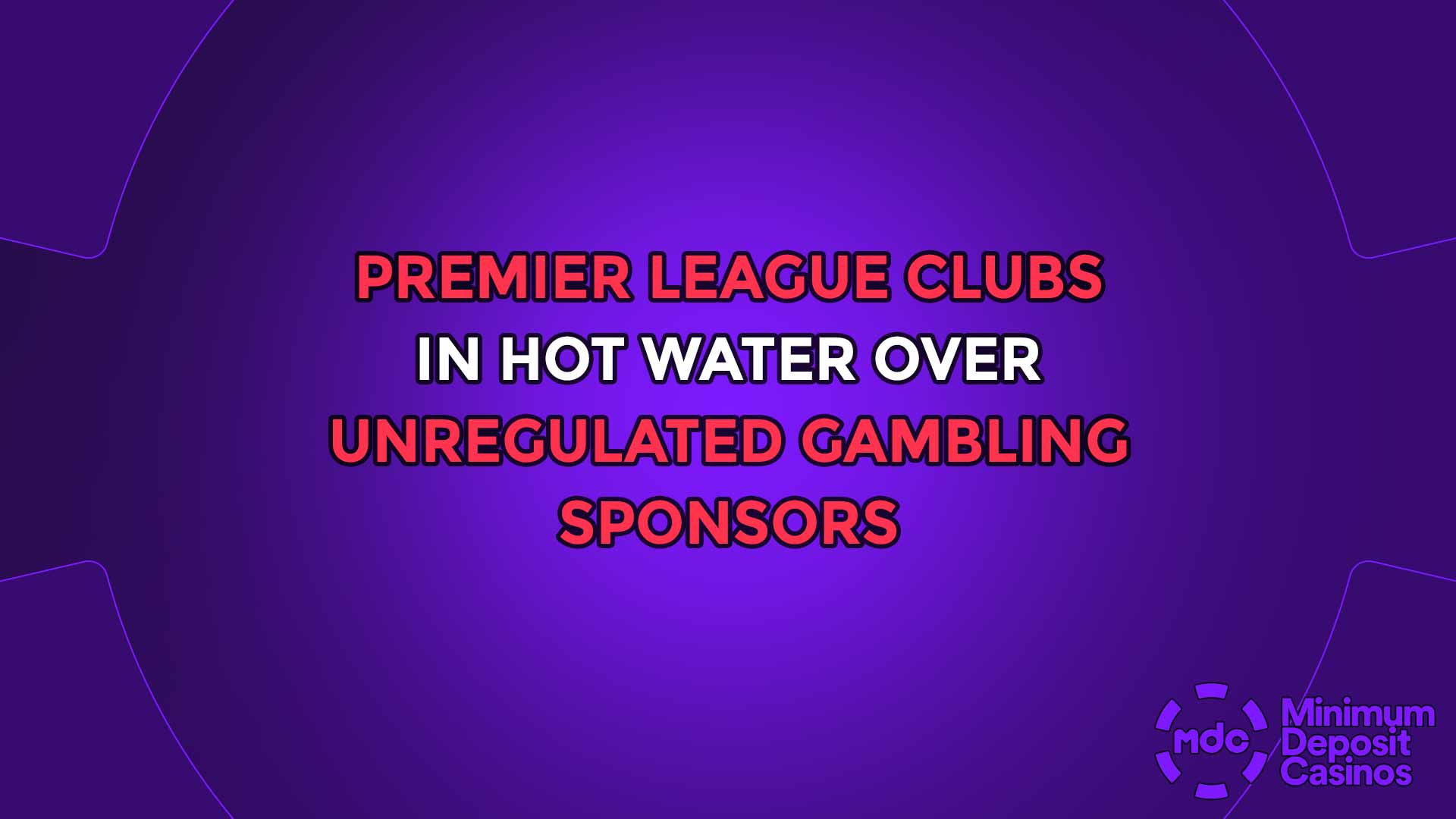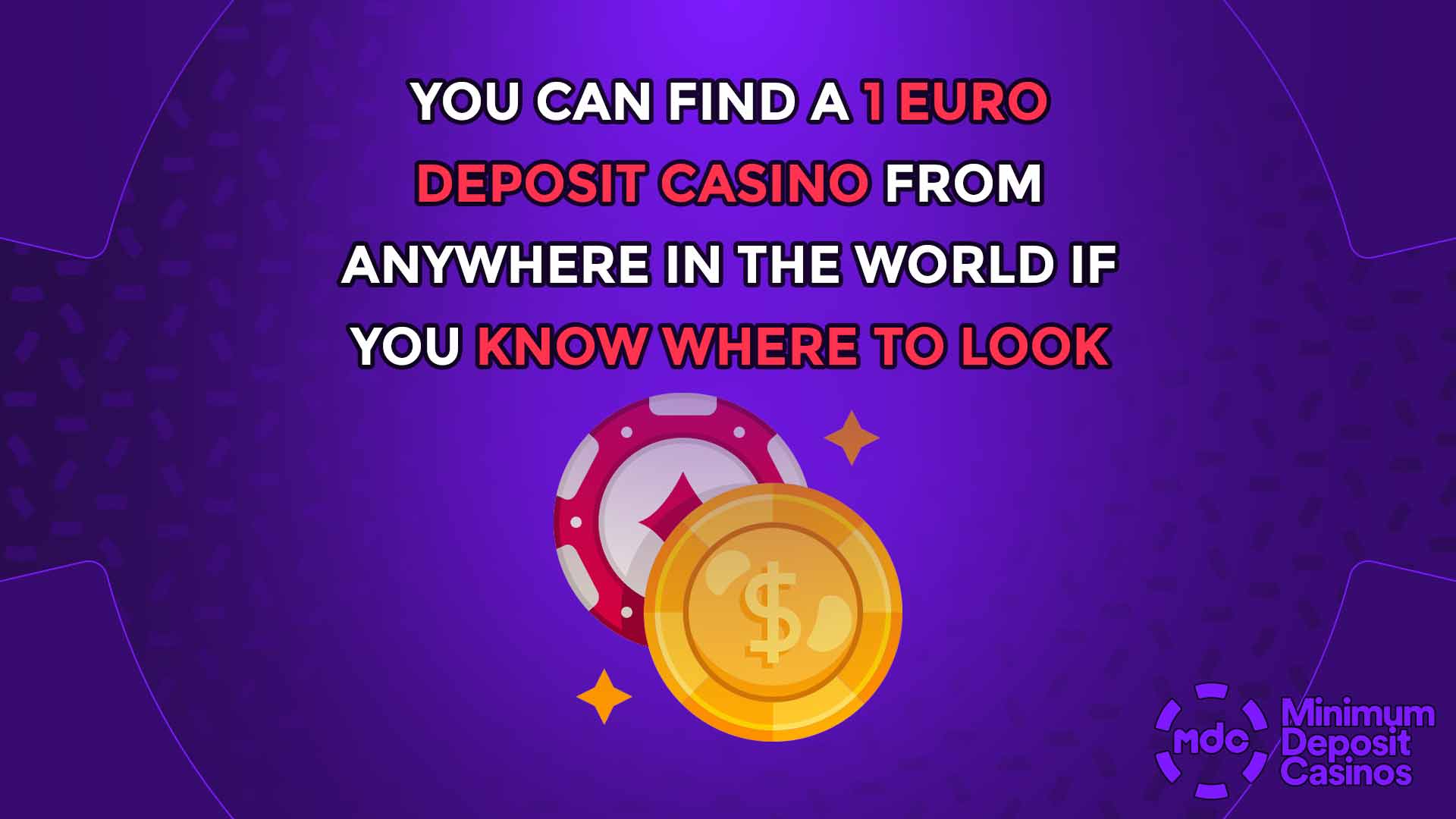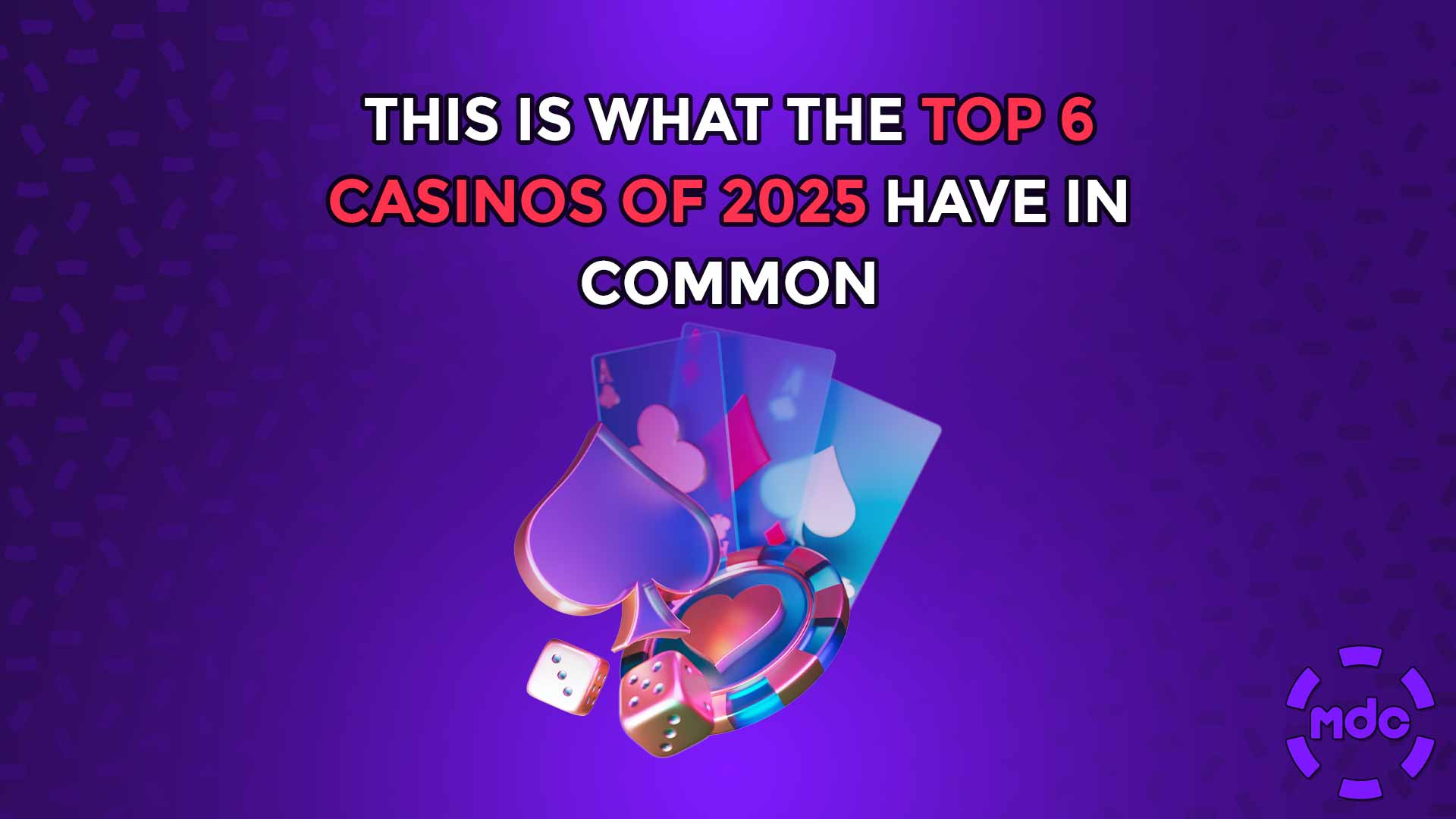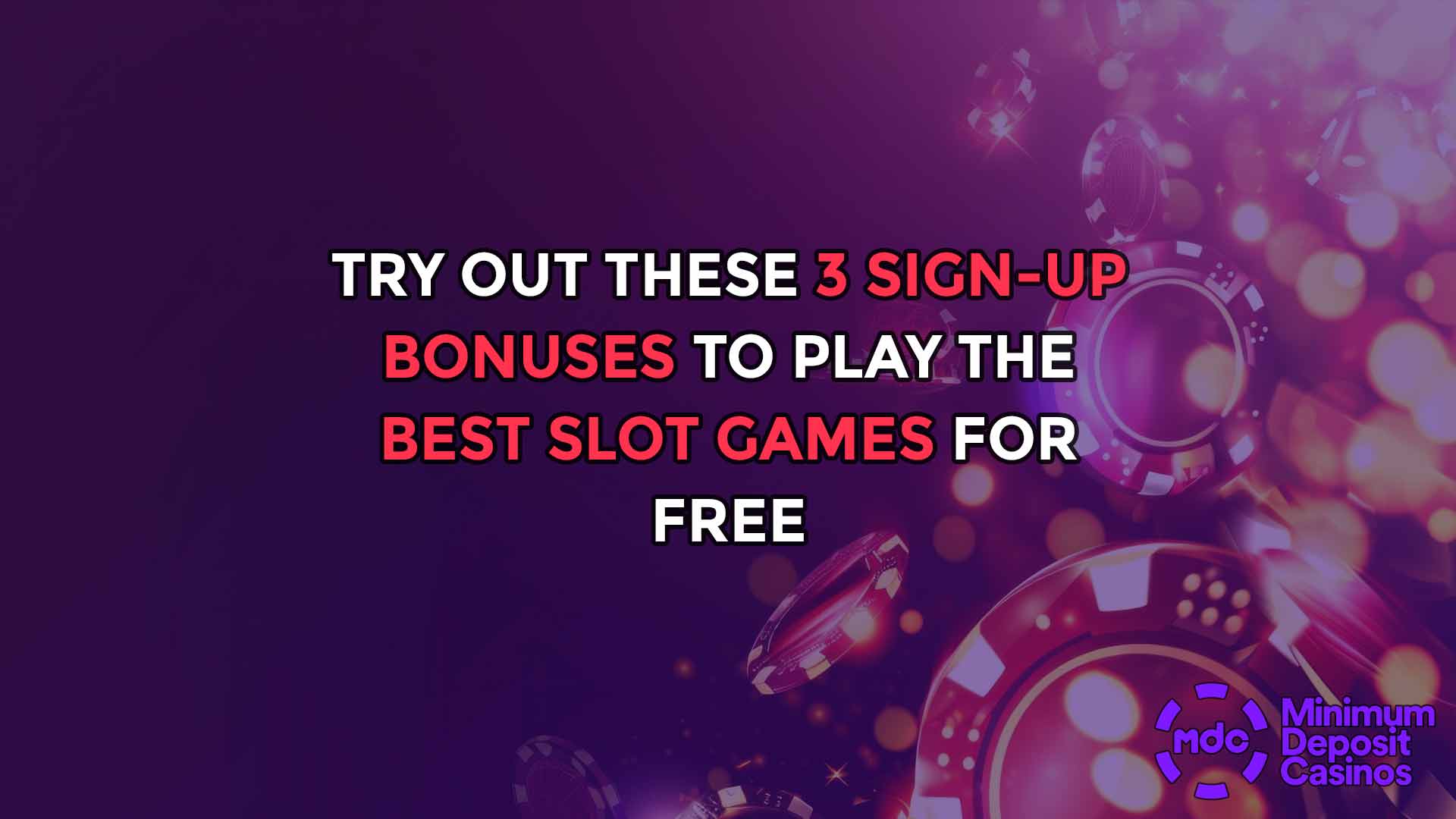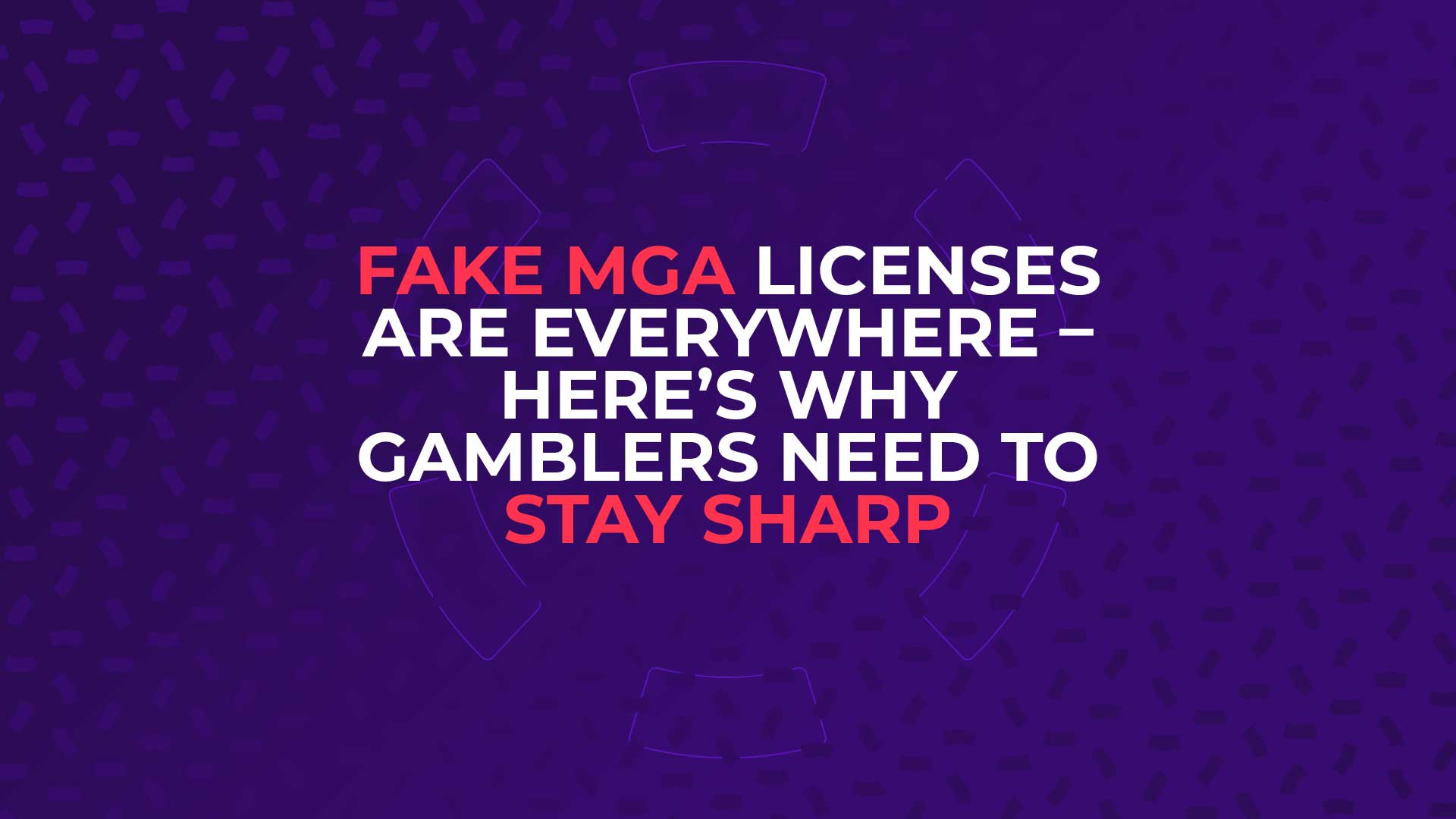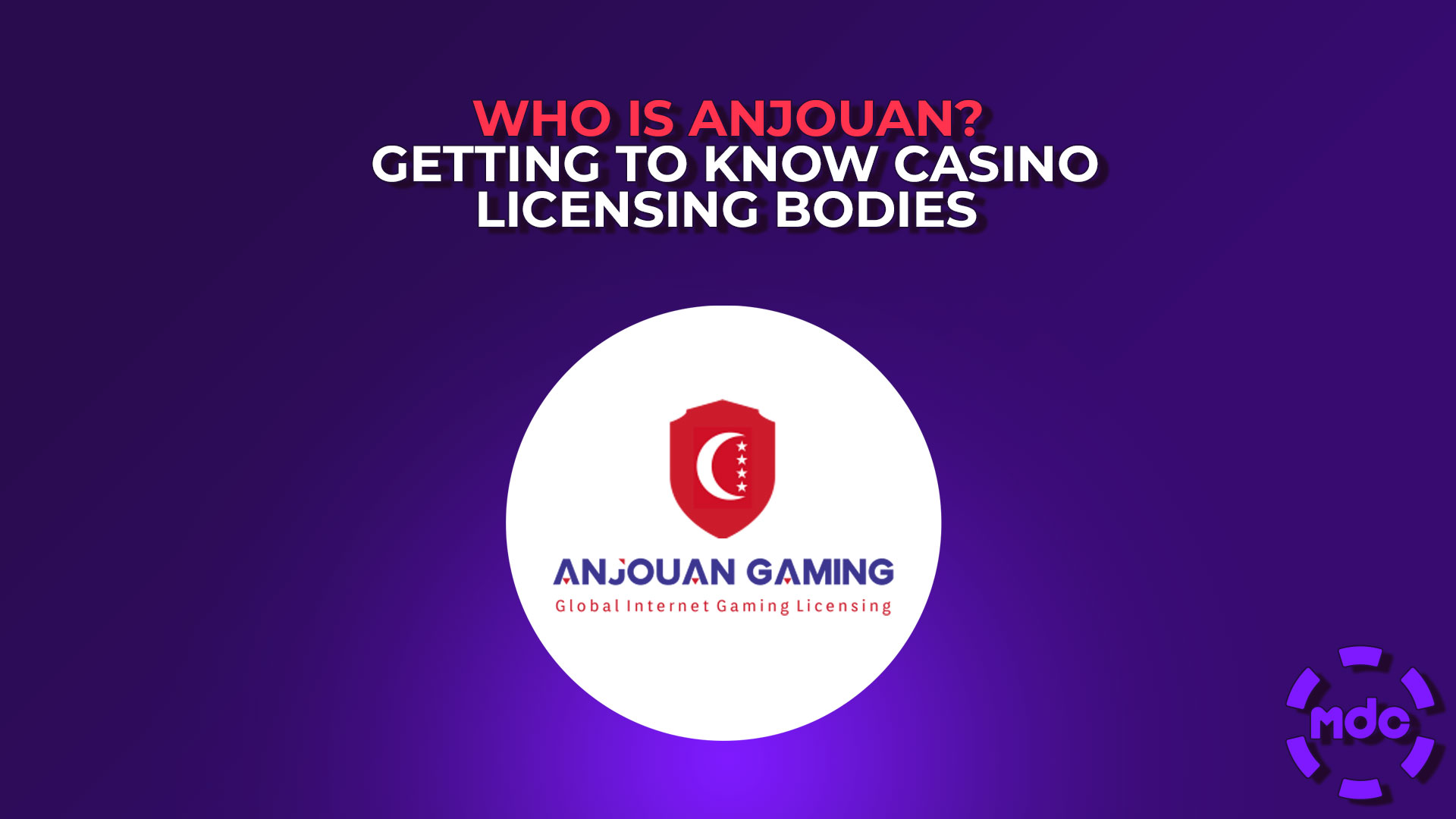
Who is Anjouan? – Getting to Know Casino Licensing Bodies
Online casino licensing bodies are the legal bedrock of the industry. They set the rules for who can operate, what games they can offer, how player funds are handled, and how disputes are resolved. Without a license, a casino is basically operating in legal no-man’s-land. For players, that means little to no protection.
In this space, offshore gambling regulation plays a unique role. Jurisdictions outside of the major Western markets offer flexible, fast-track paths to licensure, appealing to operators that can’t afford six-month waits or six-figure application fees.
The Anjouan casino license fits that profile. It’s quietly become a practical choice for online casino operators who want a compliant entry point without the bureaucracy or cost burden of European regulators.
What is Anjouan?
Anjouan (also called Ndzuwani) is one of the three main islands making up the Union of the Comoros, located in the Indian Ocean between Madagascar and Mozambique. It’s had a turbulent political history, including secession attempts and rotating national leadership, but remains economically active – especially in agriculture and the export of raw scents like ylang-ylang and vanilla.
To reduce dependence on agriculture, Anjouan has moved to diversify, and one route has been digital commerce – particularly online casino licensing.
The government began issuing eGaming licenses in the early 2000s. Back then, it wasn’t heavily marketed, and for years, it remained under the radar. That changed after 2023, when licensing duties shifted to Anjouan Licensing Services Inc. (ALSI), which replaced a dated system with a more organized, accessible process.
Importantly, Anjouan acts purely as a regulator, not an operator. This is unlike bodies like PAGCOR in the Philippines, which operate their own casinos in addition to regulating the industry. In Anjouan, that separation keeps the focus strictly on licensing and compliance.
Online Casino Licensing by Anjouan
Anjouan only issues one general license that covers a wide range of online gambling activities. Operators don’t need to apply separately for different game categories like slots, betting, or poker – it’s all wrapped into a single authorisation. This makes it easier for startups and international operators to launch with full coverage from day one.
The licensing process is straightforward but rigorous. Here’s how it typically works:
Documentation
Applicants need to submit a range of materials, including:
- Certified passport copy
- Recent utility bill (as proof of address)
- Police clearance certificate
- CV or résumé
- Banker’s reference (older than 2 years)
- Professional reference (from a lawyer or accountant, also 2+ years)
- Game descriptions, RNG certifications, and third-party agreements
- Website domain ownership
- Terms & Conditions, including responsible gambling, KYC, and age restrictions
Due Diligence
All beneficial owners, directors, or key persons undergo KYC and background checks. No one under 18, recently convicted of serious crimes, or considered “unfit” will be approved.
Submission & Review
Applications are handled by ALSI. Review usually takes 3–4 weeks, depending on the completeness of documents and whether additional interviews are needed.
Cost
The initial license package costs approximately EUR 17,000, broken down as follows:
- EUR 13,300 license fee
- EUR 1,700 due diligence fee
- EUR 2,000 compliance officer fee
Annual renewal costs the same as the license fee, and each license includes up to two domains. Extra domains cost EUR 500/year each.
Hosting & Technical
Operators must host their player database and servers in Anjouan. No local business incorporation is required, and the process is entirely remote – no need for on-island presence or directors.
What Does Anjouan Regulate?
Anjouan’s single-license model allows operators to offer a wide range of products under one license:
- Online casinos (including live dealer games)
- Sportsbooks and virtual betting
- Lotteries, raffles, and scratch cards
- Poker rooms
- Esports
- Bingo and Keno
- Crypto gambling platforms
While the license is broad, regulatory oversight is considered light compared to heavyweight jurisdictions like Malta or the UKGC. That doesn’t mean there are no rules. Operators must follow AML, KYC, and responsible gambling protocols, but ongoing monitoring is limited. There’s less bureaucracy – but also fewer built-in protections.
Advantages of an Anjouan-Licensed Casino
What makes Anjouan stand out, especially in 2025?
- Low costs: The total setup (EUR 17,000) is far cheaper than Malta, Gibraltar, or even Curaçao after its 2023 regulatory overhaul.
- Fast turnaround: Licensing typically takes 3–4 weeks if documents are in order.
- Crypto-friendly: The license allows legally compliant cryptocurrency operations, including deposits, withdrawals, and gameplay.
- No GGR tax: There’s 0% tax on gross gaming revenue, no VAT, and no corporate income tax – making it ideal for operators looking to maximize margins.
- Global access: Operators can target most international markets, excluding regions specifically blacklisted by Anjouan or forbidden by FATF rules (e.g., USA, UK, France, Germany).
- Single-license coverage: No need to split licenses across product verticals. Casino, sportsbook, and lottery products are all covered.
- Dual use: Both B2C (operators) and B2B (game/software providers) can apply for licensing under the same framework.
How to Check if a Casino is Anjouan-Licensed
To check if a casino holds an Anjouan license, your best bet is to look at the bottom of the site. Most will list their licensing details there – usually with a logo or a quick mention. When in doubt, ask the casino directly for their license certificate, or consult trusted compliance agents or service providers known to work with the Anjouan system.
Operators who are transparent will have no problem providing verification. But yes, given the current technical issues on the Anjouan registry, extra diligence is warranted.
Anjouan Compared to Other Global Licensing Bodies
How does Anjouan stack up next to other major regulators?
| Jurisdiction | Pros | Cons |
|---|---|---|
| UKGC | Strong consumer protection, global trust | Costly, strict, time-consuming |
| MGA (Malta) | EU-recognized, solid framework | Expensive, complex documentation |
| Curaçao | Was once low-cost; now reforming | Higher fees, tighter compliance |
| Kahnawake | Niche for North America, steady | Limited international recognition |
| PAGCOR | Legal in the Philippines | Dual role (regulator/operator), regional focus |
| Anjouan | Fast, cheap, crypto-ready | Less oversight, not ideal for Tier-1 markets |
In short, Anjouan’s strength lies in speed, flexibility, and affordability. It’s not built for high-regulation markets like the UK or Canada, but for broader global operations – especially crypto and mobile-first platforms – it’s highly effective.
Summary: Is Anjouan Licensing Right for Players or Operators?
The Anjouan license isn’t trying to compete with the strictest regulators out there – and that’s the point. It offers a clear, legal way into the market without unnecessary complexity. For many newer or leaner operators, especially those eyeing growth markets, it strikes a good balance between oversight and accessibility.
For players, it means the casino is operating under at least a minimal compliance framework – especially around KYC, fraud prevention, and fair play.
For operators, it means a quick launch, low tax exposure, and flexibility to operate multiple product types with minimal interference. This makes it especially attractive in 2025, as crypto gaming, mobile-first betting, and emerging markets continue to grow.
Still, anyone choosing Anjouan needs to be realistic. It’s not a pass into the UK, Ontario, or Spain. But for international operators who understand their audience and know how to manage compliance well, it’s a licensing route worth considering.
